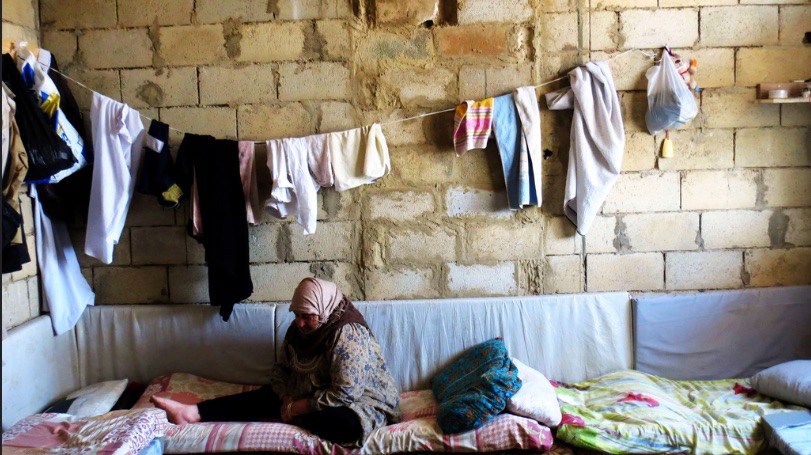The International Rescue Committee’s #AreWeListening campaign has given the women and girls caught in the midst of the Syrian civil war a forum to express their hardships. Insufficient access to medical care and rampant abuse are explicit violations of their most basic human rights to health, dignity, and security. Women and girls who continue to reside in Syria must navigate a crippled health care system and those who have fled to Lebanon, Iraq, Jordan or Turkey have access to limited resources in refugee facilities. Moreover, Syrian women and girls, especially those living as refugees, experience widespread rape, gender-based violence and harassment.
- Insufficient Health Care
Article 25 of the Universal Declaration of Human Rights (UDHR) states everyone is entitled to adequate medical care, with “motherhood…entitled to special care and assistance.” Syria and the neighbouring states admitting Syrian refugees (with the exception of Jordan) voted in favour of the UDHR, yet these women are being denied the right to health listed in this key document. This is because repercussions of the protracted conflict have hindered the ability of states like Lebanon, Turkey, and Syria to safeguard the most basic human rights of Syrian women and girls.
The Syrian healthcare system has significantly deteriorated over the course of the civil war. While some hospitals were forced to close because of a lack of funding and dearth of trained hospital personnel like nurses and doctors, others were destroyed by the ongoing conflict. Many pregnant Syrian women have fled to neighbouring states taking in refugees seeking prenatal care unavailable in Syria.
However, health facilities available to refugees have very limited resources, and are often unable to accommodate all women, especially expecting mothers seeking aid. States taking in Syrian refugees have appealed to the International community for assistance. For instance, the United Nations High Commissioner for Refugees emphasized that overpopulation has hindered the Lebanese government’s ability to provide adequate medical care for refugees.
- Gender-Based Violence and Harassment
Furthermore, rising sexual abuse has heightened insecurity among women and girls residing in Syria and those living as refugees in neighbouring countries. Syrian women are being denied their right to security and freedom from degrading treatment. A report published by the International Rescue Committee reveals that, “walking to school, the store, the latrine, or anywhere else exposes women and girls to threats of harassment and assault.” The report’s findings concluded that 1 in 3 Syrian women felt insecure about leaving their residences. However, Farah, a Syrian refugee in Jordan, experiences discomfort while at home. She remarks, “even in my own home, I can’t escape the harassment—I am afraid when I am inside with the door locked. Strange men call my cell phone, trying to engage me in conversation or solicit me. The result is incredible daily stress and growing depression. I feel like I am choking.”
Article 16 of the UDHR states, “marriage shall be entered into only with the free and full consent of the intending spouses.” However, the plight of Syrians living as refugees in neighbouring states like Lebanon has driven many to marry off their children. Many young girls under 18 are married off because refugee parents in Lebanon lack the means to support them. The International Rescue Committee’s report highlights that marriage is also viewed as a means to protect women and girls living as refugees from abuse. Many feel that unmarried married girls and women are more likely to experience harassment. Amira, a refugee living in Jordan states, “She [my friend] was married and her husband left her, so now it is as if she has a red arrow pointing at her. So now she has to stay at home to protect herself and her reputation.”
Not only must Syrian women face the hardships of war like internal and external displacement, they also experience gender-based violence and harassment within their communities. The #AreWeListening campaign draws attention to these human rights violations Syrian women and girls are experiencing. With the conflict entering its fifth year, violations of Syrian women and girl’s rights to security, freedom from degradation and medical care will most likely continue to worsen.




